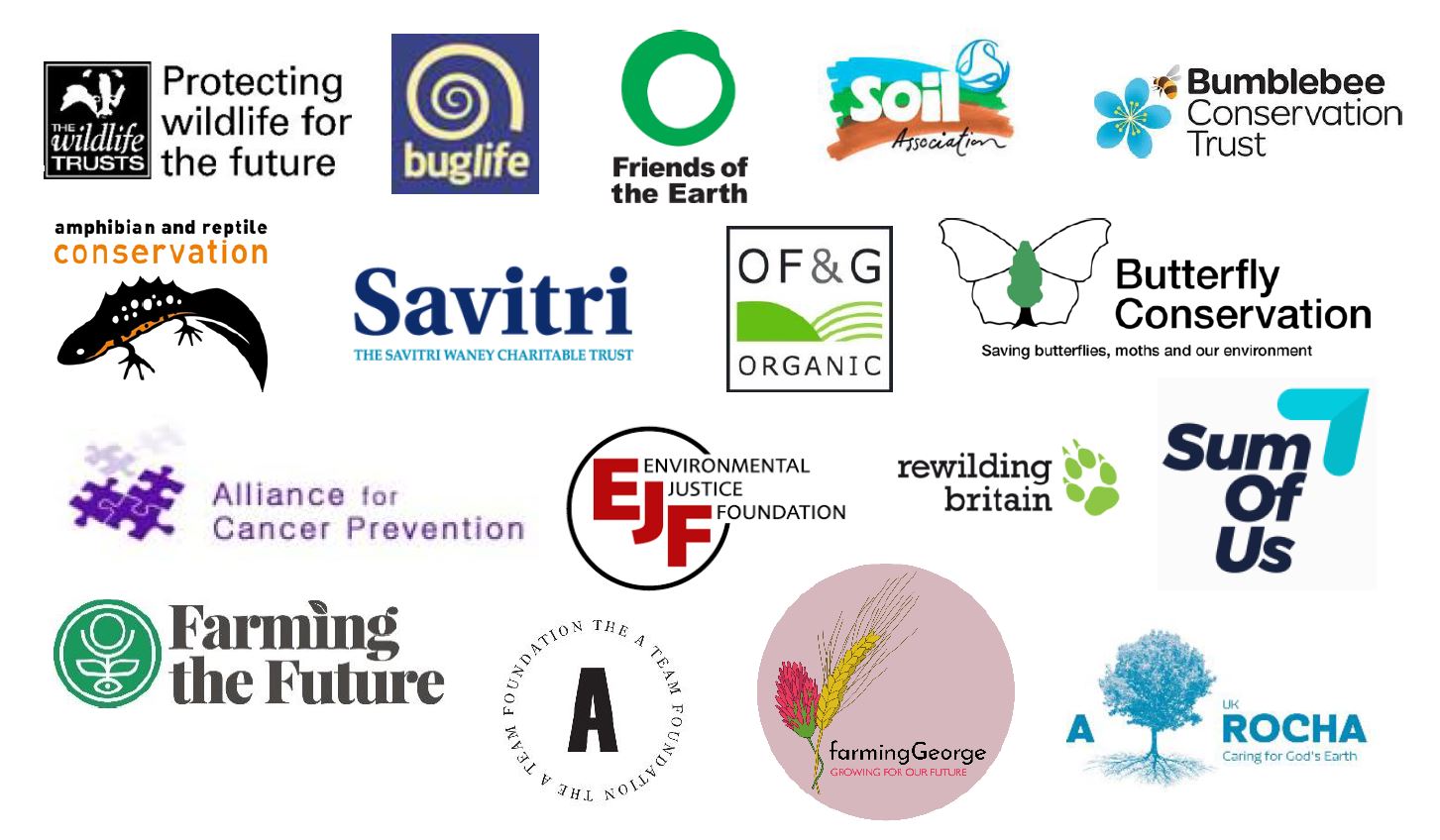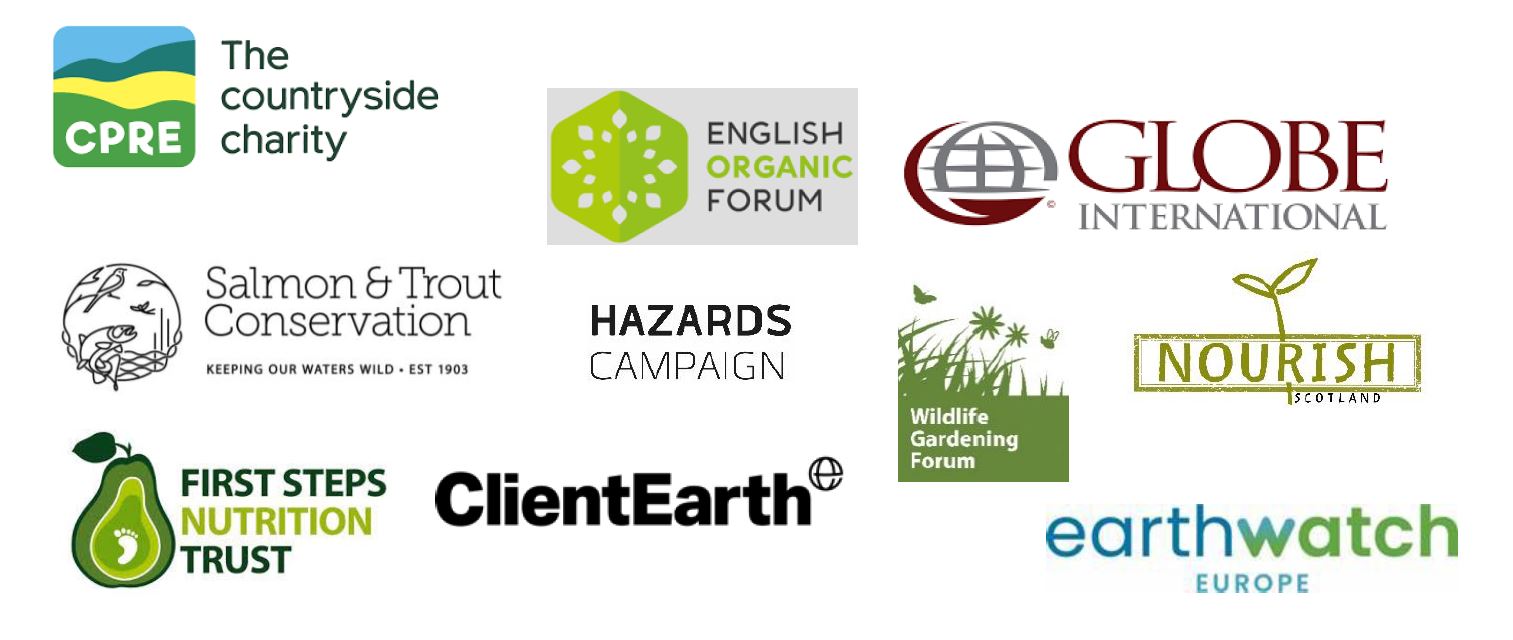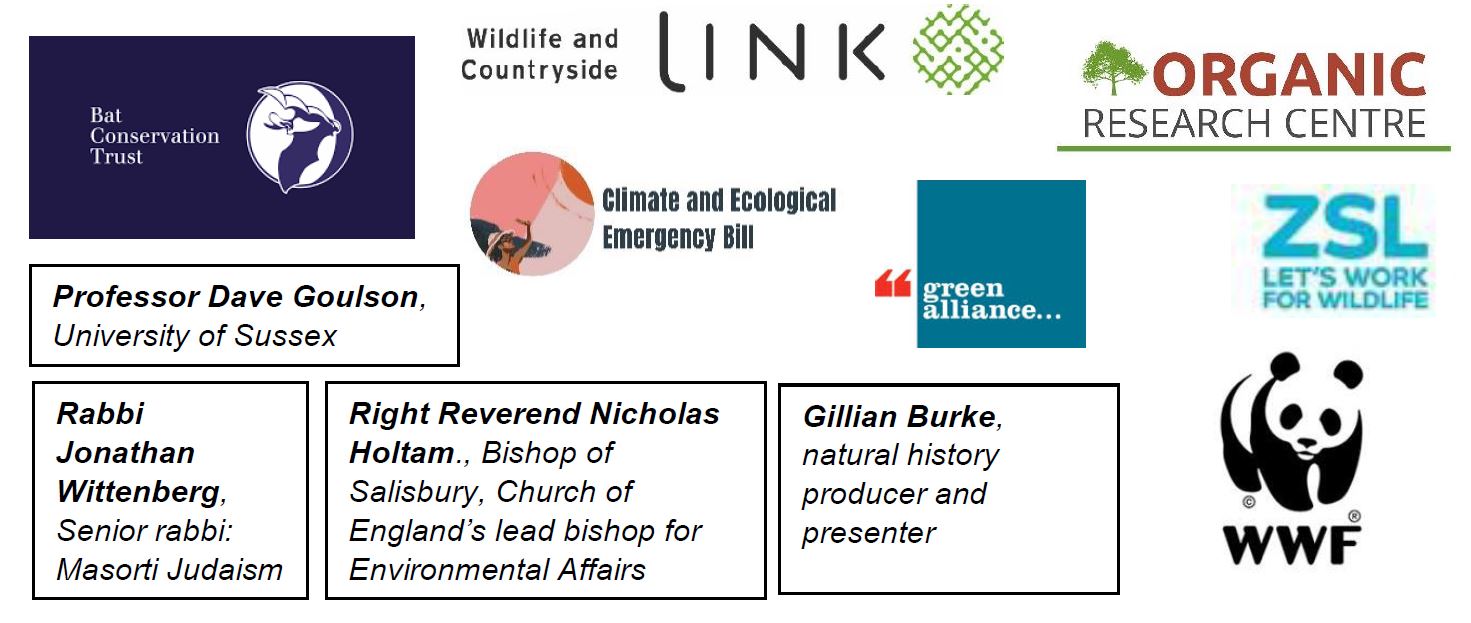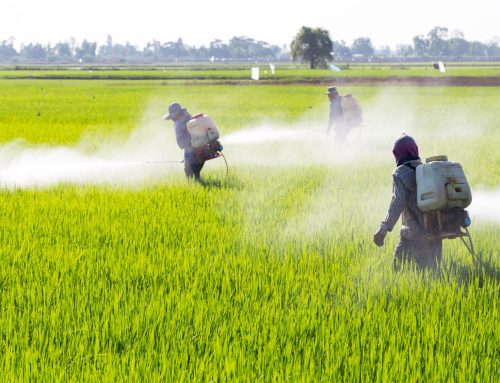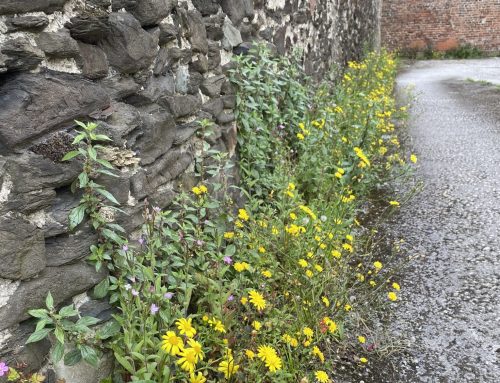Rt Hon George Eustice,
Department for Environment, Food and Rural Affairs
2 Marsham Street
London
SW1P 4DF
12th January 2021
Dear Secretary of State,
We are extremely disappointed to hear that the UK Government has decided to grant an emergency derogation allowing sugar beet producers to use seeds treated with the bee-toxic neonicotinoid thiamethoxam.
Thiamethoxam was banned for all outdoor uses by the EU in 2018 because of the risk it poses to bees and other vital pollinator species. The UK Government supported the ban with then Defra Secretary Michael Gove saying that, “Unless the scientific evidence changes, the government will maintain these increased restrictions post-Brexit”. The UK Government’s decision to support the neonics ban was based on advice from its own advisory body on pesticides which stated that “scientific evidence now suggests the environmental risks posed by neonicotinoids – particularly to our bees and pollinators – are greater than previously understood, supporting the case for further restrictions.” The risk of this decision to sugar beet yields was also understood and taken into account.
Since then, the body of evidence detailing the negative impact of neonicotinoids on not just bees and pollinators but also birds and other wildlife has only grown. Allowing farmers to use these harmful pesticides ignores the science and seriously undermines the UK Government’s own objective to leave the environment in a better state than it found it.
The mitigation measures suggested to reduce the impact on bees from this decision includes increasing the use of herbicides to destroy flowering plants so that bees are not attracted to the fields, therefore further damaging important wildlife habitat such as hedgerows and adjacent meadows. There is also no mitigation proposed for the predicted harm caused to aquatic life as surface waters are polluted. This derogation harms wildlife without actually providing an exit strategy from reliance on banned pesticides for sugar beet farmers.
The government has an opportunity here to take a different course, to help farmers tackle the ecological emergency and adapt to climate change. As a group of academics, farmers, faith leaders and individuals and organisations representing a broad range of environmental and health concerns we urge the UK government to reverse this decision and instead invest in supporting farmers to research and adopt non-chemical alternatives to farm with nature instead of against it.
We also request that you publish the evidence that led to this derogation being approved, when a similar application in 2018 was rejected on environmental grounds.
Yours sincerely, and on behalf of the organisations and individuals below,

